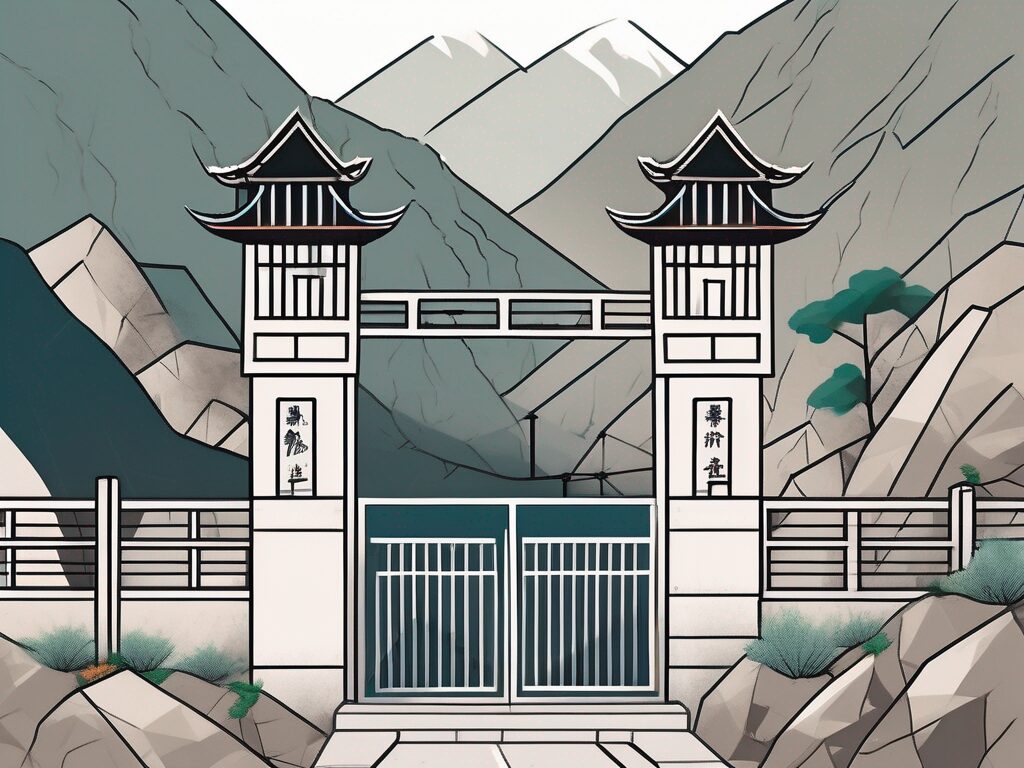Education is a fundamental right for every child, irrespective of their nationality or social status. However, in China, migrant children often face significant hurdles when it comes to accessing quality education. This article delves into the four major challenges that these children face, and how individuals with a Master’s in Education can play a pivotal role in overcoming these obstacles.
Understanding the Context: Migrant Children in China
China has witnessed an unprecedented wave of urbanisation in the past few decades. This has led to a massive influx of migrant workers from rural areas to the cities in search of better job opportunities. Accompanying these workers are their children, who are often referred to as ‘migrant children’.
Despite the economic progress, these migrant children often find themselves in a precarious situation. They are caught in a system that is ill-equipped to cater to their educational needs, leading to a significant disparity in the quality of education they receive compared to their urban counterparts.
The Hukou System
At the heart of this issue is the Hukou system – a household registration policy that ties public services, including education, to a person’s place of origin. This means that migrant children, whose Hukou is registered in their rural hometowns, often struggle to access public schools in the cities.
While reforms have been made to allow some migrant children to attend city schools, the process is often fraught with bureaucratic red tape and high fees, making it an uphill battle for many families.
Challenges Faced by Migrant Children in Accessing Education
Given the context, migrant children in China face a myriad of challenges in accessing quality education. These range from systemic issues to socio-cultural barriers.
1. Systemic Barriers
The aforementioned Hukou system is a significant systemic barrier. It often leaves migrant children with no choice but to attend under-resourced and overcrowded rural schools, or expensive private schools in the cities.
Moreover, the high cost of living in urban areas often forces migrant families to live in city outskirts, where access to quality schools is limited. This geographical barrier further compounds the issue.
2. Socio-Cultural Barriers
Migrant children often face discrimination and social exclusion in city schools. They are sometimes viewed as ‘outsiders’ by their urban peers, leading to feelings of isolation and low self-esteem.
Furthermore, the cultural gap between rural and urban China can be vast, making it difficult for migrant children to adapt to city life and the urban school environment.
3. Quality of Education
The quality of education in rural schools, where most migrant children study, is often subpar. These schools usually lack qualified teachers and adequate resources, leading to a lower standard of education.
Moreover, the curriculum in these schools is often not tailored to the needs of migrant children, who may require additional support to bridge the educational gap.
4. Family Factors
Many migrant parents work long hours and are unable to provide the necessary educational support at home. Additionally, due to their rural backgrounds, some parents may lack the knowledge and skills to navigate the urban education system effectively.
This lack of parental involvement and support can have a detrimental impact on a child’s educational outcomes.
Role of Individuals with a Master’s in Education
Individuals with a Master’s in Education are uniquely positioned to address these challenges. Their advanced training and expertise in education can be instrumental in devising strategies and interventions to improve the educational outcomes of migrant children.
Policy Advocacy
Those with a Master’s in Education can use their knowledge to advocate for policy changes that address the systemic barriers faced by migrant children. This could involve lobbying for reforms to the Hukou system, or advocating for more inclusive education policies.
Curriculum Development
With their understanding of pedagogy and curriculum design, these individuals can work towards developing a curriculum that caters to the unique needs of migrant children. This could involve incorporating elements that help bridge the cultural gap and facilitate the integration of migrant children into urban schools.
Teacher Training
Individuals with a Master’s in Education can also play a crucial role in improving the quality of education in rural schools. They can train teachers to better cater to the needs of migrant children, and provide them with the necessary resources and support.
Parental Engagement
Finally, these individuals can work towards increasing parental involvement in their children’s education. They can educate parents about the importance of education and equip them with the skills to support their children’s learning at home.
Conclusion
While the challenges faced by migrant children in accessing education in China are significant, they are not insurmountable. With concerted efforts from individuals with a Master’s in Education and other stakeholders, it is possible to create a more inclusive and equitable education system that caters to the needs of all children, regardless of their social or geographical background.
Empower Migrant Education with iQTS
As an educator with a Master’s in Education, you have the power to transform the lives of migrant children in China. The IQTS at UWE invites you to enhance your qualifications and broaden your impact through the International Qualified Teacher Status (iQTS) Programme. With our programme, you’ll overcome common barriers, achieve significant career progression, connect with a global community of educators, and gain a deeper understanding of international curricula. Embrace the opportunity to make a difference and Make Your Next Step towards educational equity today.

